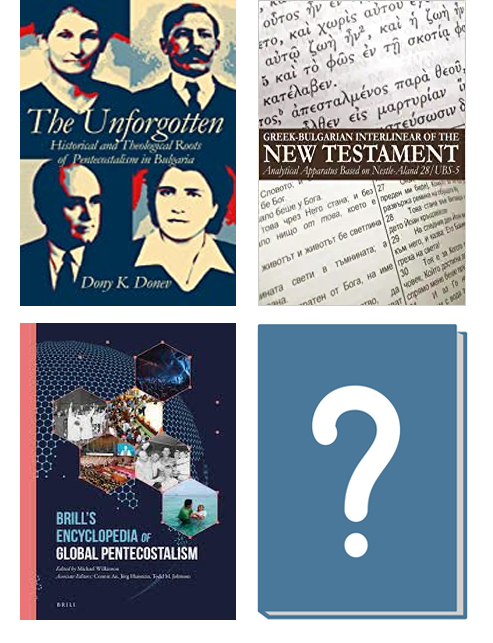We Shall Never Forget
Cup & Cross Ministries Shares the Love of Christ with Bulgarian Sunflower Seeds in Polk County, TN

by Kathryn Donev
Sunflowers are so much fun. They are actually thousands of tiny flowers that bring joy in many ways. It’s neat to watch them follow the sun because of a trait called heliotropism. Eating sunflower seeds can lower rates of cardiovascular disease, high cholesterol, and high blood pressure. They are a good source of many vitamins and minerals that can support your immune system. And did you know that a sunflowers destroy contaminants of its surrounding soil, water and air?
Although sunflowers are Native to North America, Bulgaria is among the top 10 sunflower producing countries. As in various places in Polk County, Bulgaria is famous for their golden fields. And believe it or not, you can find Bulgarian sunflower seeds in any Dollar General labeled with the Clover Valley brand. When we were ministering together with Feeding God’s Lambs Summer Program at First Baptist Benton giving a presentation about the 6 Senses of Bulgaria, the kids even got to taste some. Fun.
With a multisensory trip to Bulgaria, we shared how the Holy Spirit is our Sixth Sense to guide and direct us in life and found in everything we touch, see, hear, smell and even taste. When we all come together, we can do great things, just as with the thousands of tiny flowers that come together to have the appearance of a unified flower. Let us be a purifier of our environments and always be reminded to follow the SON. Being consumed with the sixth sense of the Holy Spirit is good for the soul.
Jacksonville, FL: 2020 Bulgarian Church Conference (Sept. 1-5)

This Train is Bound to Glory…
When there’s a failure to communicate
When leaders are constantly flummoxed by those who don’t seem to get it, there exists both a leadership and communications problem. Show me a leader with poor communication skills and I’ll show you someone who will be short-lived in their position. Great leaders can communicate effectively across mediums, constituencies, and environments. They are active listeners, fluid thinkers, and know when to dial it up, down, or off.
160,000 Pentecostals in Bulgaria Reported by the NEW Encyclopedia of Global Pentecostalism
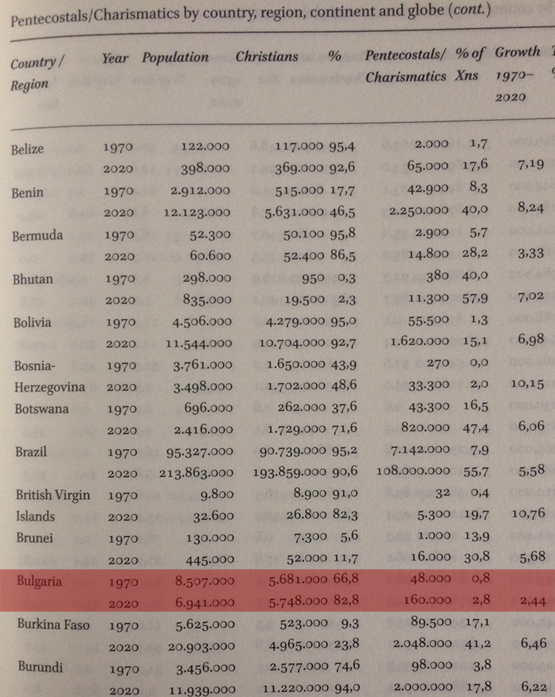
Rewind 20 Years: Services Held
| 1 | 01/02/2002 PM | Central Church of God | Sofia, BG |
| 2 | 01/06/2002 AM | Central Church of God | Sofia, BG |
| 3 | 01/08/2002 PM | Central Church of God | Sofia, BG |
| 4 | 01/09/2002 PM | Central Church of God | Sofia, BG |
| 5 | 01/13/2002 AM | Central Church of God | Sofia, BG |
| 6 | 01/15/2002 PM | Central Church of God | Sofia, BG |
| 7 | 01/16/2002 PM | Central Church of God | Sofia, BG |
| 8 | 01/17/2002 PM | Pravetz Church of God | Pravetz, BG |
| 9 | 01/20/2002 AM | Central Church of God | Sofia, BG |
| 10 | 01/20/2002 PM | Pravetz Church of God | Pravetz, BG |
| 11 | 01/23/2002 PM | Central Church of God | Sofia, BG |
| 12 | 01/24/2002 PM | Pravetz Church of God | Pravetz, BG |
| 13 | 01/25/2002 PM | Bulgarian Evangelical Theological Institute | Sofia, BG |
| 14 | 01/27/2002 PM | Central Church of God | Sofia, BG |
| 15 | 01/29/2002 PM | Central Church of God | Sofia, BG |
| 16 | 01/30/2002 PM | Central Church of God | Sofia, BG |
| 17 | 02/01/2002 PM | Bulgarian Evangelical Theological Institute | Sofia, BG |
| 18 | 02/03/2002 AM | Central Church of God | Sofia, BG |
| 19 | 02/03/2002 PM | Pravetz Church of God | Pravetz, BG |
| 20 | 02/05/2002 PM | Buxton Suburb Home Group | Sofia, BG |
| 21 | 02/06/2002 PM | Central Church of God | Sofia, BG |
| 22 | 02/07/2002 PM | Pravetz Church of God | Pravetz, BG |
| 23 | 02/10/2002 AM | Central Church of God | Sofia, BG |
| 24 | 02/10/2002 PM | Pravetz Church of God | Pravetz, BG |
| 25 | 02/12/2002 PM | Buxton Suburb Home Group | Sofia, BG |
| 26 | 02/13/2002 PM | Central Church of God | Sofia, BG |
| 27 | 02/16/2002 PM | New Central Church of God | Sofia, BG |
| 28 | 02/17/2002 PM | Central Church of God | Sofia, BG |
| 29 | 02/20/2002 PM | Central Church of God | Sofia, BG |
| 30 | 02/21/2002 PM | Pravetz Church of God | Pravetz, BG |
| 31 | 02/24/2002 AM | Central Church of God | Sofia, BG |
| 32 | 02/24/2002 PM | Pravetz Church of God | Pravetz, BG |
| 33 | 02/25/2002 AM | Bulgarian Evangelical Theological Institute | Sofia, BG |
| 34 | 02/25/2002 AM | Bulgarian Evangelical Theological Institute | Sofia, BG |
| 35 | 02/25/2002 AM | Bulgarian Evangelical Theological Institute | Sofia, BG |
| 36 | 02/26/2002 AM | Bulgarian Evangelical Theological Institute | Sofia, BG |
| 37 | 02/26/2002 AM | Bulgarian Evangelical Theological Institute | Sofia, BG |
| 38 | 02/26/2002 AM | Bulgarian Evangelical Theological Institute | Sofia, BG |
| 39 | 02/27/2002 AM | Bulgarian Evangelical Theological Institute | Sofia, BG |
| 40 | 02/27/2002 AM | Bulgarian Evangelical Theological Institute | Sofia, BG |
| 41 | 02/27/2002 AM | Bulgarian Evangelical Theological Institute | Sofia, BG |
| 42 | 02/28/2002 AM | Bulgarian Evangelical Theological Institute | Sofia, BG |
| 43 | 02/28/2002 AM | Bulgarian Evangelical Theological Institute | Sofia, BG |
| 44 | 02/28/2002 AM | Bulgarian Evangelical Theological Institute | Sofia, BG |
| 45 | 02/28/2002 PM | Pravetz Church of God | Pravetz, BG |
| 46 | 03/01/2002 AM | Bulgarian Evangelical Theological Institute | Sofia, BG |
| 47 | 03/01/2002 AM | Bulgarian Evangelical Theological Institute | Sofia, BG |
| 48 | 03/01/2002 AM | Bulgarian Evangelical Theological Institute | Sofia, BG |
| 49 | 03/02/2002 AM | New Central Church of God | Sofia, BG |
| 50 | 03/03/2002 PM | Central Church of God | Sofia, BG |
| 51 | 03/04/2002 AM | Bulgarian Evangelical Theological Institute | Sofia, BG |
| 52 | 03/04/2002 AM | Bulgarian Evangelical Theological Institute | Sofia, BG |
| 53 | 03/05/2002 AM | Bulgarian Evangelical Theological Institute | Sofia, BG |
| 54 | 03/05/2002 AM | Bulgarian Evangelical Theological Institute | Sofia, BG |
| 55 | 03/05/2002 AM | Bulgarian Evangelical Theological Institute | Sofia, BG |
| 56 | 03/06/2002 AM | Bulgarian Evangelical Theological Institute | Sofia, BG |
| 57 | 03/06/2002 AM | Bulgarian Evangelical Theological Institute | Sofia, BG |
| 58 | 03/06/2002 AM | Bulgarian Evangelical Theological Institute | Sofia, BG |
| 59 | 03/06/2002 PM | Central Church of God | Sofia, BG |
| 60 | 03/07/2002 AM | Bulgarian Evangelical Theological Institute | Sofia, BG |
| 61 | 03/07/2002 AM | Bulgarian Evangelical Theological Institute | Sofia, BG |
| 62 | 03/07/2002 AM | Bulgarian Evangelical Theological Institute | Sofia, BG |
| 63 | 03/07/2002 PM | Pravetz Church of God | Pravetz, BG |
| 64 | 03/08/2002 AM | Bulgarian Evangelical Theological Institute | Sofia, BG |
| 65 | 03/08/2002 AM | Bulgarian Evangelical Theological Institute | Sofia, BG |
| 66 | 03/08/2002 AM | Bulgarian Evangelical Theological Institute | Sofia, BG |
| 67 | 03/09/2002 PM | New Central Church of God | Sofia, BG |
| 68 | 03/10/2002 AM | Central Church of God | Sofia, BG |
| 69 | 03/12/2002 AM | Bulgarian Evangelical Theological Institute | Sofia, BG |
| 70 | 03/12/2002 AM | Bulgarian Evangelical Theological Institute | Sofia, BG |
| 71 | 03/12/2002 AM | Bulgarian Evangelical Theological Institute | Sofia, BG |
| 72 | 03/13/2002 AM | Bulgarian Evangelical Theological Institute | Sofia, BG |
| 73 | 03/13/2002 AM | Bulgarian Evangelical Theological Institute | Sofia, BG |
| 74 | 03/13/2002 AM | Bulgarian Evangelical Theological Institute | Sofia, BG |
| 75 | 03/13/2002 PM | Central Church of God | Sofia, BG |
| 76 | 03/14/2002 АM | Bulgarian Evangelical Theological Institute | Sofia, BG |
| 77 | 03/14/2002 АM | Bulgarian Evangelical Theological Institute | Sofia, BG |
| 78 | 03/14/2002 АM | Bulgarian Evangelical Theological Institute | Sofia, BG |
| 79 | 03/14/2002 PM | Pravetz Church of God | Pravetz, BG |
| 80 | 03/15/2002 АM | Bulgarian Evangelical Theological Institute | Sofia, BG |
| 81 | 03/15/2002 АM | Bulgarian Evangelical Theological Institute | Sofia, BG |
| 82 | 03/15/2002 АM | Bulgarian Evangelical Theological Institute | Sofia, BG |
| 83 | 03/16/2002 PM | New Central Church of God | Sofia, BG |
| 84 | 03/17/2002 AM | Central Church of God | Sofia, BG |
| 85 | 03/18/2002 PM | Sugar Factory Church of God | Sofia, BG |
| 86 | 03/20/2002 PM | Central Church of God | Sofia, BG |
| 87 | 03/24/2002 AM | Central Church of God | Sofia, BG |
| 88 | 03/24/2002 PM | Pravetz Church of God | Pravetz, BG |
| 89 | 03/27/2002 PM | Central Church of God | Sofia, BG |
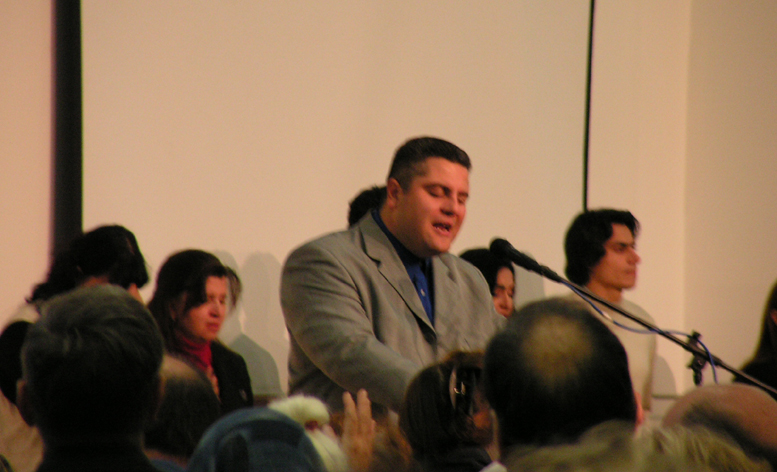
Refugee Week at LEE UNIVERSITY
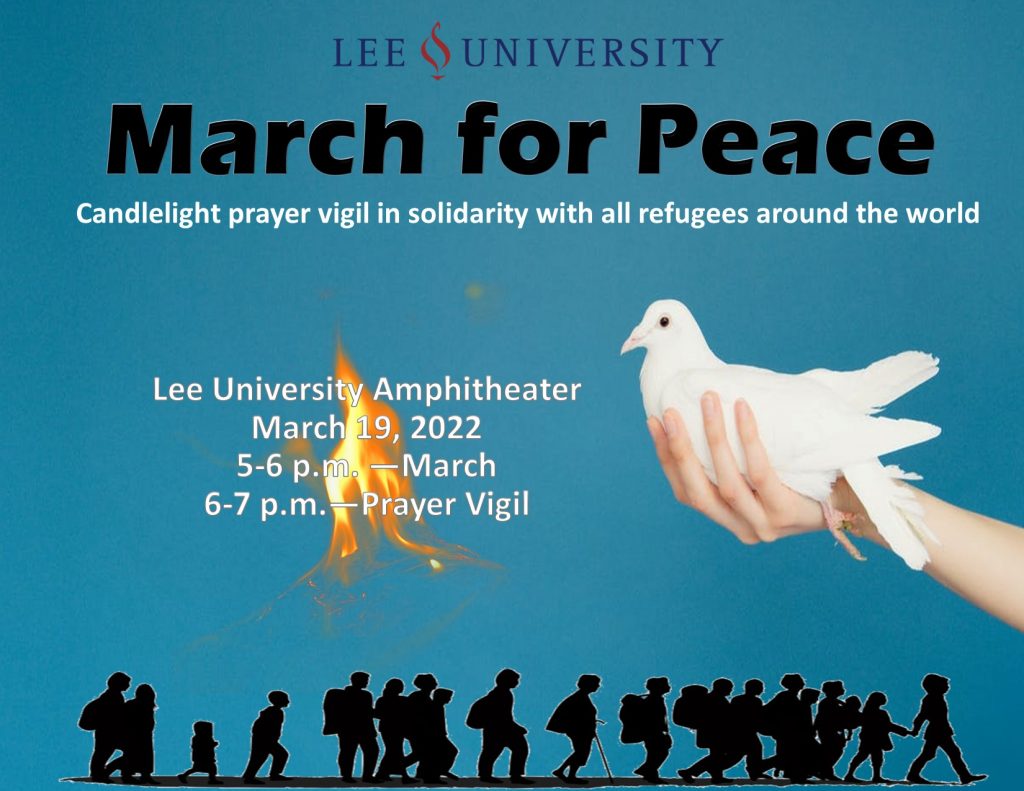
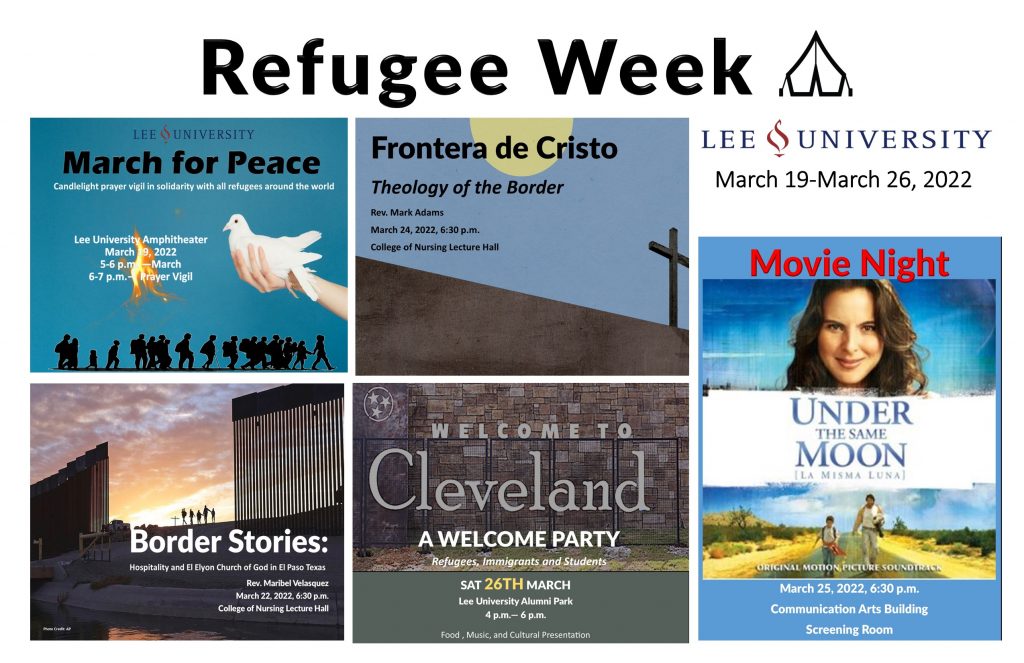
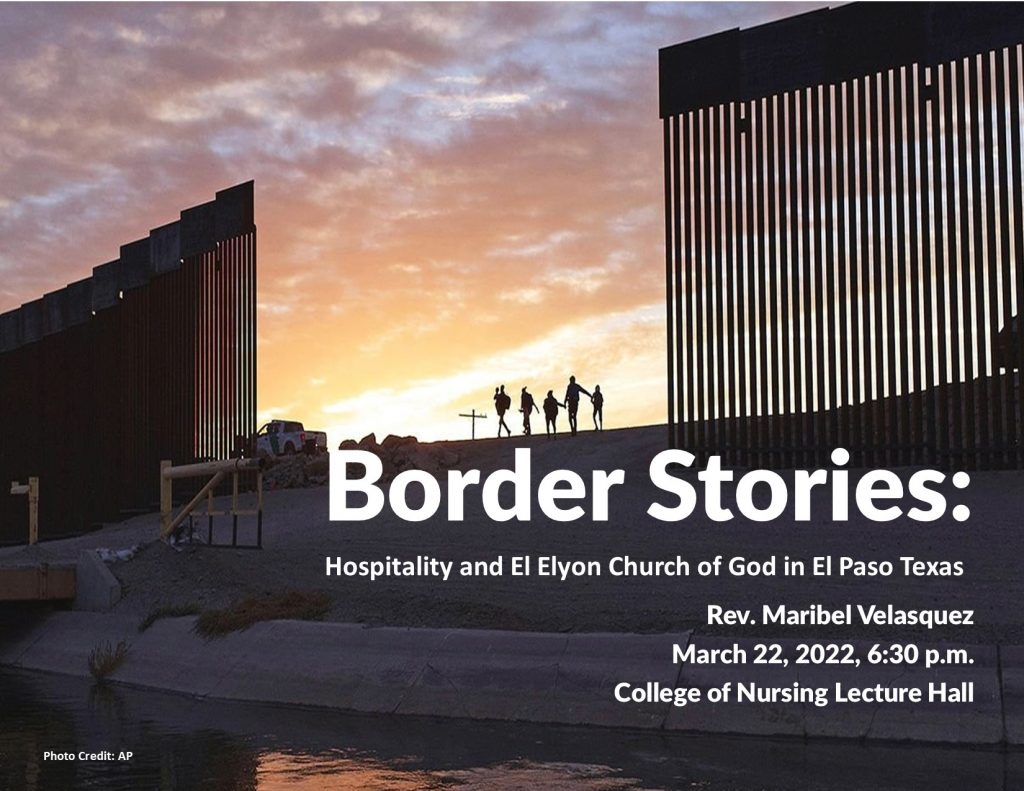
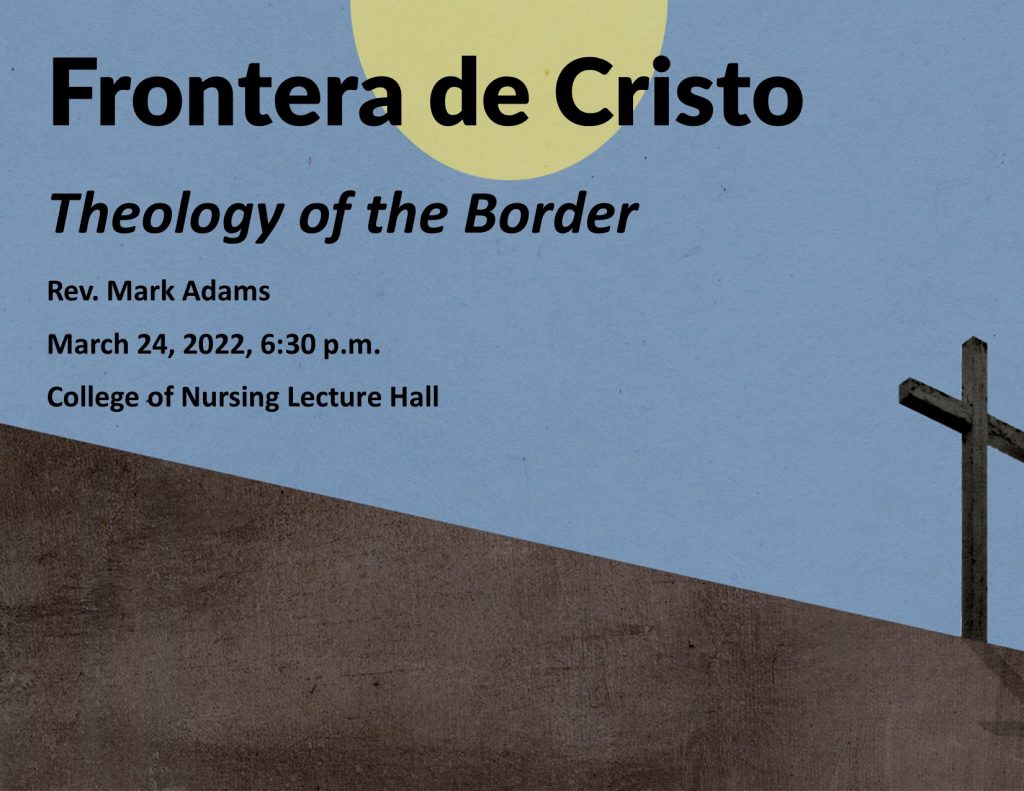

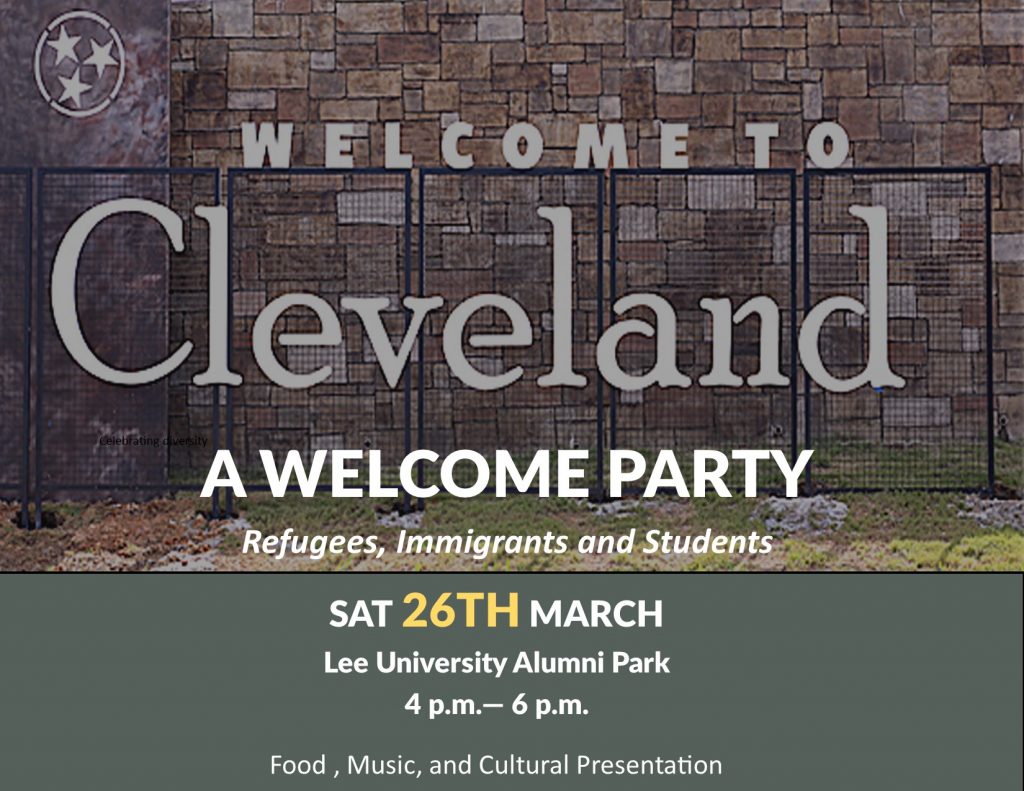
Pandemic, Green Certificate and War Scares

While most Western Europe is now slowly abandoning the idea of a vaccination Green Certificate for travels, Bulgaria is still firmly using such as a permanent requirement. The improvements from the European Union seem to matter little in our Balkan reality, and our churches here have been forced to deal with this since the Pandemic hit.
As if this is not enough, the war in Ukraine is just too close to ignore. Seems like Bulgaria is now pressed between Ukraine and Macedonia in the European Union, and between Russia and NATO in a more global context and this will continue for the foreseeable future.
We have been praying and fasting in the months past that God’s mercy is upon the people and the ministry. Now, that most of denominational ordeals here seem to have come to a sad end, please continue to remember the people of Bulgaria, our decades long commitment to the work of the Great Commission and the many souls that still need salvation, discipleship and ministry on the Balkans.




